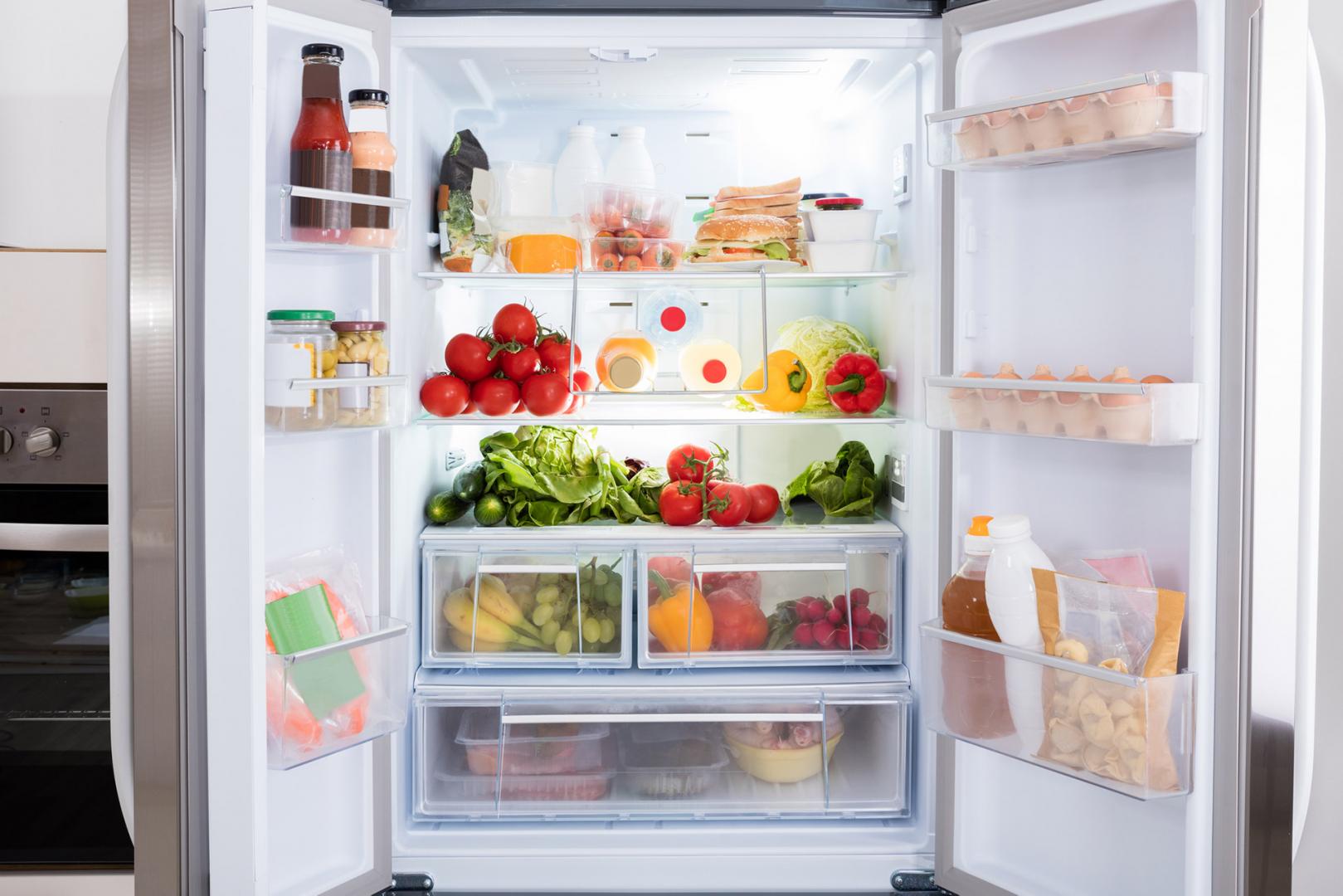Eating Out/Bringing In- Food Safety for Moms-to-Be
Food Safety While Hiking, Camping, and Boating
Mail Order Food Safety
Packing School Lunches Safely
Food Safety for Seniors
Barbeque Food Safety
Holiday Food Safety
Let's Talk Turkey
Roasting Those "Other" Holiday Meats
Fight Bac
The Big Thaw: Safe Defrosting Methods
Door-to-Door Meat Sales
Food Safety During Emergencies
It is important that during a power outage individuals do not rely on their eyes and sense of smell when determining if food is safe to eat. Food kept above 41° Fahrenheit for more than four hours should be considered unsafe.
Foods of greatest concern are meats, lunch meats, fish and shellfish, poultry, soft cheese, dairy, eggs, and cut fruits and melons. Individuals should keep the refrigerator and freezer doors closed as much as possible to maintain the cold temperature.
With the freezer closed, foods usually will stay cold at least a day, perhaps two or three days depending on the quantity of insulation. If food stored in a freezer still has ice crystals when the power is turned back on, it can be safely refrozen or cooked at a later date.
The safest advice to follow is, "when in doubt throw it out".
